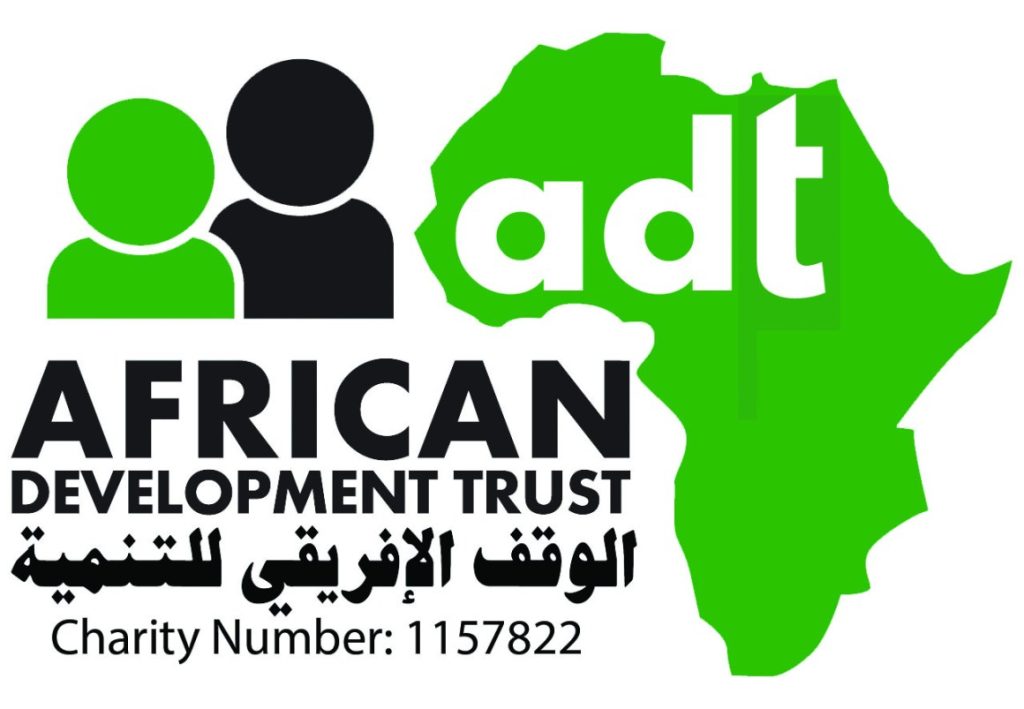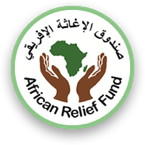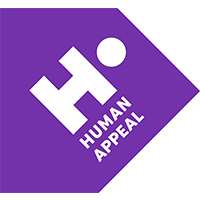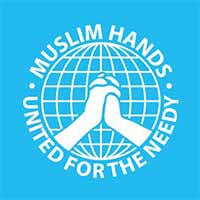Sudan is currently grappling with a humanitarian crisis of unimaginable proportions. This complex emergency, fuelled by ongoing conflict, political instability, and extreme weather events, has pushed millions towards the abject poverty and acute hunger. Understanding the scale and urgency of this tragedy is crucial to igniting awareness, global action and preventing further suffering.
The scope of need:
As of February 2024, a staggering 24.8 million people, nearly half the country’s population (1), require life-saving humanitarian assistance. This figure represents a nine-million increase from 2023, highlighting the rapid escalation of the crisis. The conflict, primarily concentrated in Darfur and Blue Nile regions, has displaced over 10.7 million people, making Sudan the nation with the highest internal displacement crisis globally (2). An additional 1.2 million have fled across borders seeking refuge in neighbouring countries, further straining regional resources.
The vulnerable are suffering the most:
Children, women, and the elderly are disproportionately bearing the brunt of this crisis. 48% of those requiring assistance are children (3), their education, health, and safety severely compromised. Women face heightened risks of violence, exploitation, and limited access to essential services. The elderly, struggling with pre-existing health conditions, are particularly vulnerable to malnutrition and lack of adequate care.
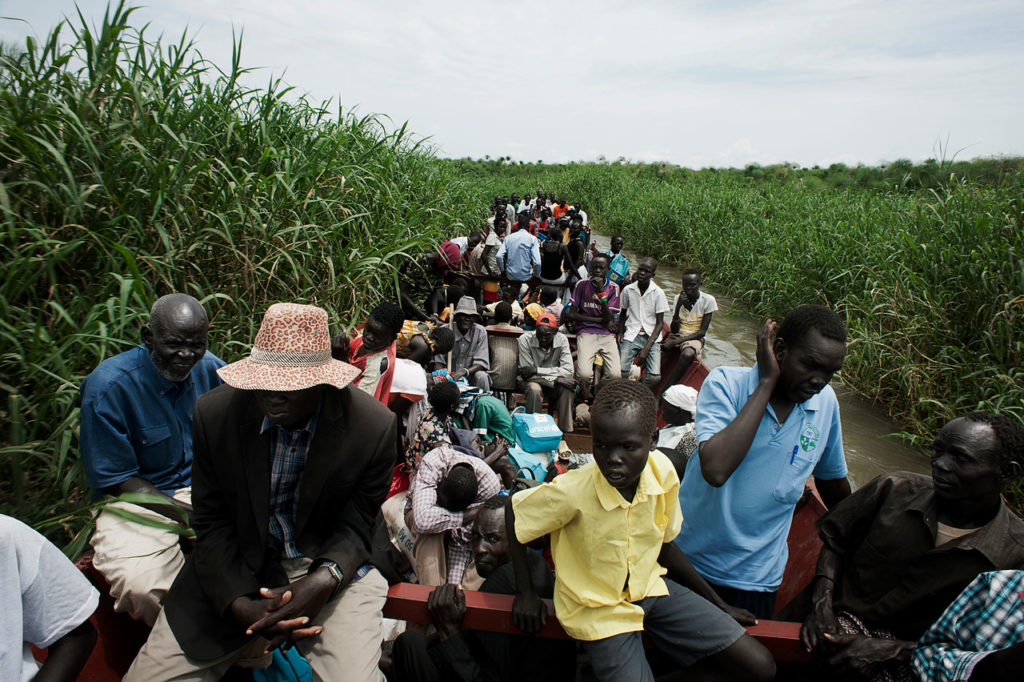
Urgent needs:
The most immediate needs across Sudan include:
- Food security: An estimated 16 million people lack sufficient food consumption (4,5), with Darfur facing the highest rates of hunger. Urgent food assistance is critical to prevent widespread famine and malnutrition, particularly among children.
- Clean water and sanitation: Limited access to safe drinking water and sanitation facilities increases the risk of waterborne diseases, further jeopardizing health outcomes.
- Healthcare: The conflict has crippled the healthcare system, leaving millions without access to basic medical care. Emergency medical supplies, mobile clinics, and mental health support are crucial to address acute and chronic health needs.
- Shelter and basic necessities: Displaced families urgently require safe and secure shelter, along with essential items like blankets, hygiene kits, and cooking utensils.
- Protection: Civilians caught in the crossfire require robust protection measures to prevent further human rights abuses and violence.
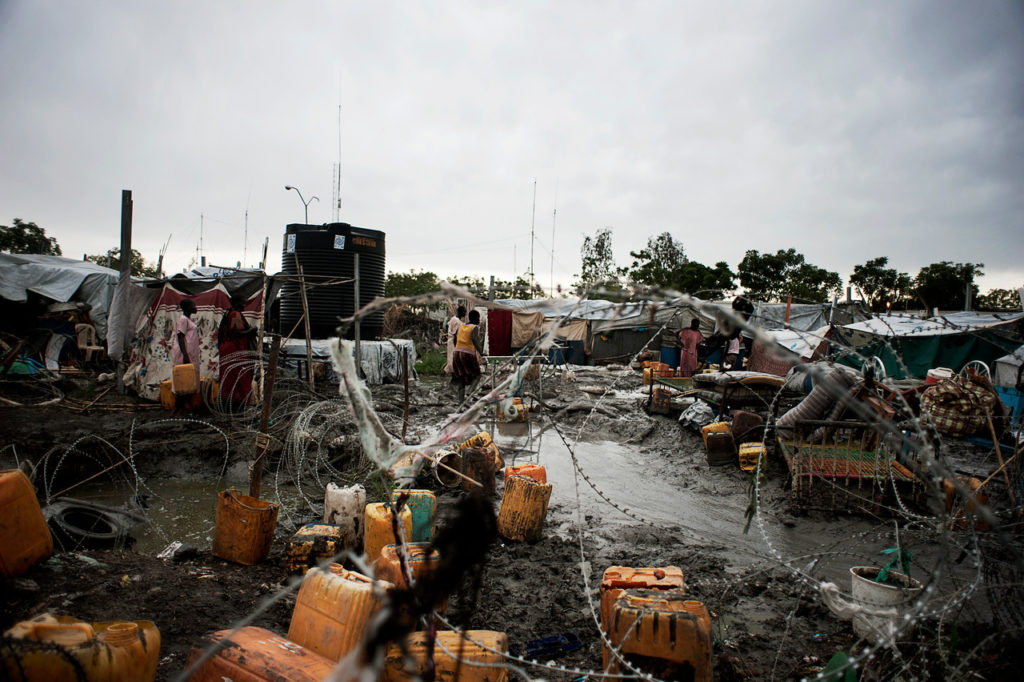
Beyond Immediate Relief: A Call for Lasting Solutions:
While addressing the immediate humanitarian needs is paramount, the crisis in Sudan demands long-term solutions. This includes:
- Ceasefire and long-term peace: Ending the conflict through dialogue and mediation is essential to create a stable environment for aid delivery and establishing long-term aid development to rebuild livelihoods, access to education and healthcare.
- Sustainable development: Investing in sustainable infrastructure development will empower communities, safeguard and foster long-term resilience to the threat of the extreme weather.
A collective responsibility:
The crisis in Sudan requires a coordinated global response to prevent further catastrophe. Governments, international organizations, and individuals all have a role to play in alleviating the suffering and paving the way for a brighter future.
The following MCF members have Emergency Appeals and are delivering aid Sudan and East Africa:
The world is currently experiencing an unprecedented level of conflict, natural disaster and humanitarian crisis. By acknowledging the gravity of the Sudan crisis, understanding the plight of the most vulnerable, and taking sustainable aid action, we can collectively stand with the people of Sudan.
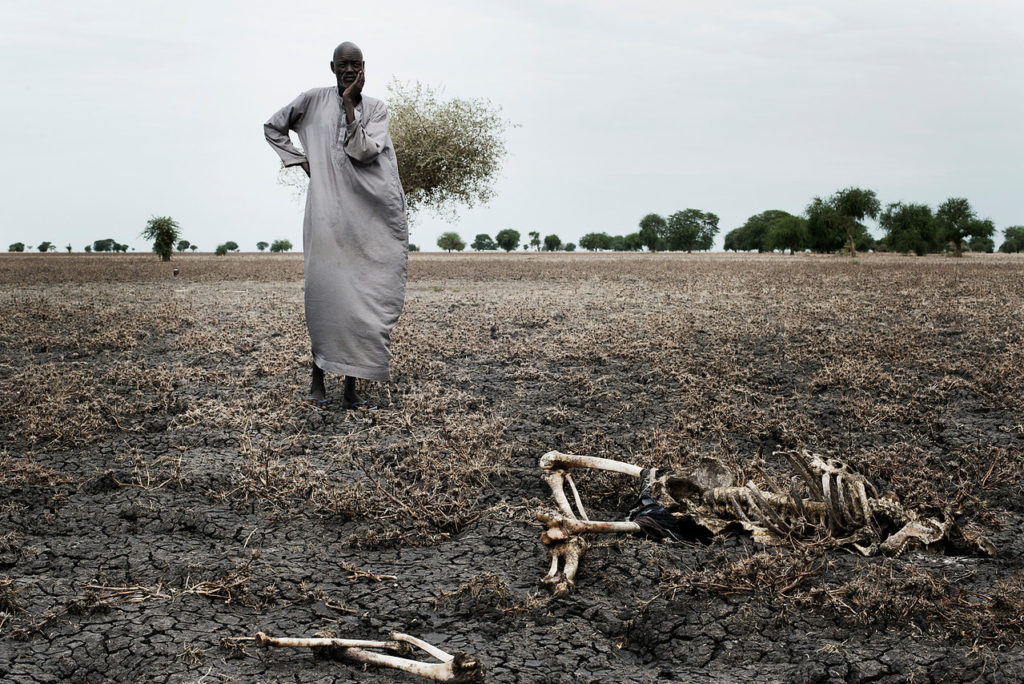
References:
(1). UNHCR Sudan Situation: https://data.unhcr.org/en/situations/sudansituation
(2). Internal Displacement Monitoring Centre (IDMC): https://www.internal-displacement.org/
(3). UN Women Sudan Country Brief: https://africa.unwomen.org/en/where-we-are/eastern-and-southern-africa/sudan
(4).World Food Programme (WFP) Hunger Map: https://hungermap.wfp.org/
(5). Integrated Food Security Phase Classification (IPC) Acute Food Insecurity Analysis: https://www.ipcinfo.org/

